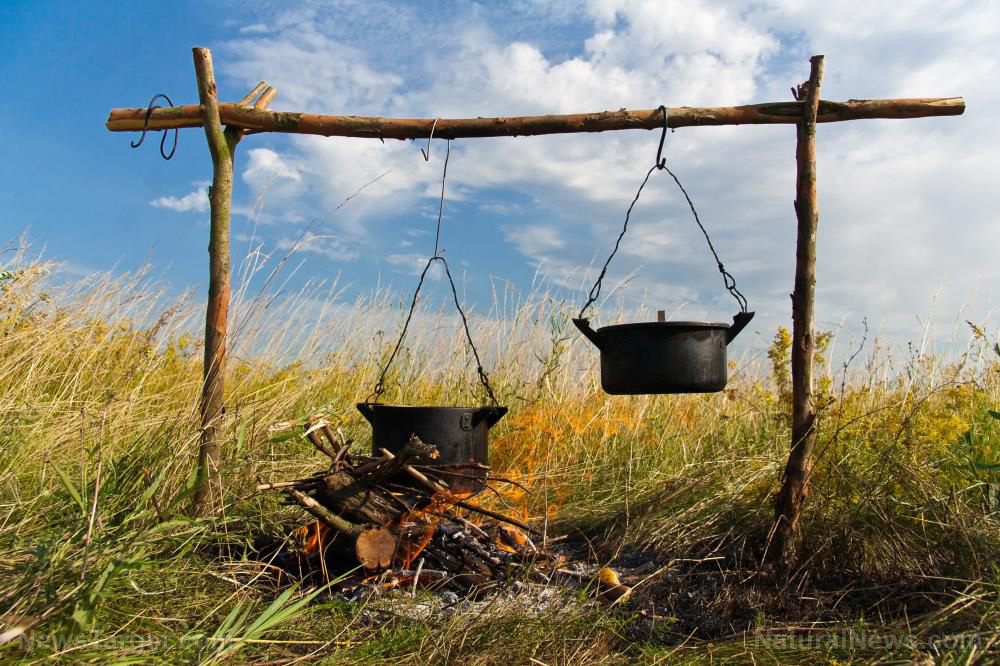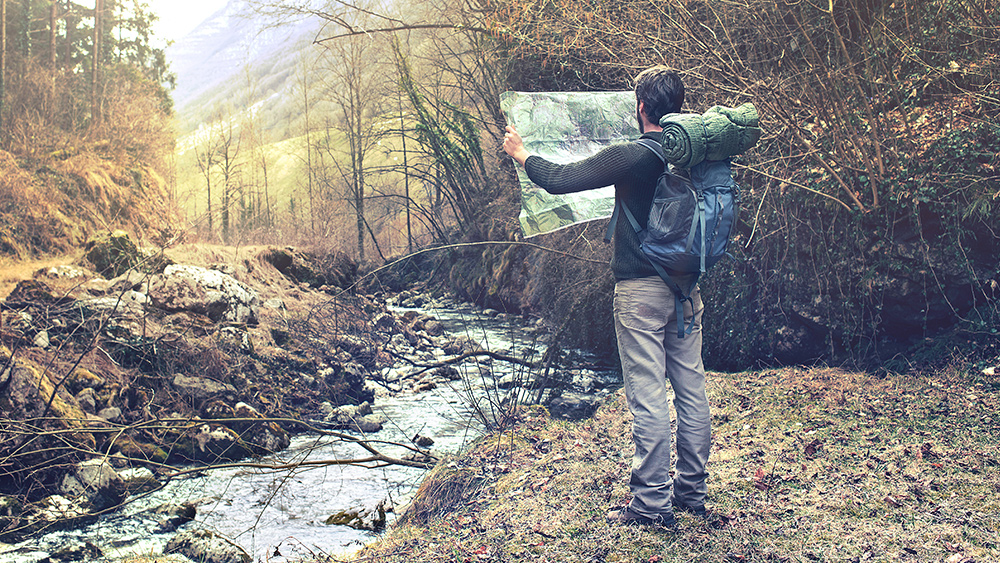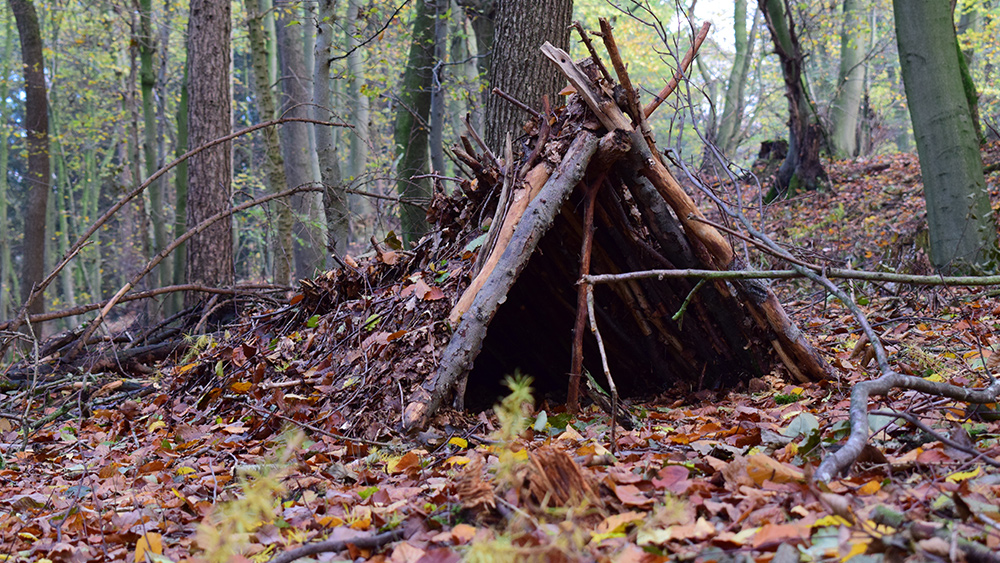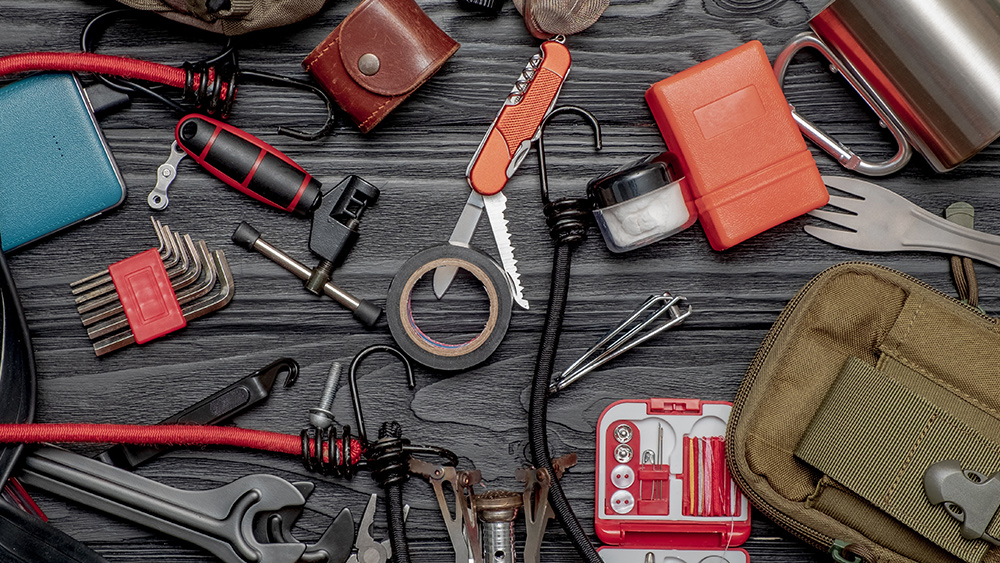
Living entirely off the grid is a noble aspiration to have, but achieving it takes a lot of hard work and preparation. There are plenty of factors you must take into consideration. If you do not plan ahead, you might find yourself making crucial errors and paying the price along the way. Be prepared for anything by learning how to avoid these common prepping mistakes. (h/t to Survivopedia.com)
Relying on a single power source
When living off-grid, you will need a way to generate your own electricity. If you only depend on a single power source and something happens to it, then you will be left without electricity. Ideally, you should have an off-grid power system that includes both wind and solar power. That way, even if one source isn't producing anything, you will still have an alternative to rely on.
Not storing a large variety of foods
Food fatigue can be a real dilemma if you don't store food items with a diverse array of nutrients, textures, and flavors. You might be able to survive on nothing but a diet of rice, beans, flour, salt, and sugar, but this food selection won't be enough to nourish your body. You need to consider what nonperishable, nutrient-dense food items you would have no problem eating on a daily basis. (Related: What are the best foods to stockpile for emergencies?)
Relying only on food storage
While it is important to have a well-stocked pantry, you should also supplement your food supply by learning how to hunt, fish, and forage for food. You can even harvest your own produce by growing a survival garden.
Growing a small survival garden
To keep your food supply sustainable, you need to replenish the amount you eat. You can do this by growing your own fruits and vegetables in a survival garden, but it can be easy to underestimate just how much space your produce will need. Grains are the hardest to grow, since they take up the most space. You might even consider raising small livestock as an additional source of protein.
Using supplies to compensate for a lack of skill
You can stockpile all the survival gear you want, but it won't do you any good if you don't know how to use it. A highly skilled prepper will usually be better equipped to face any challenge than a prepper with a well-stocked survival cache but no skills. To be truly self-reliant, you need to put your survival skills into practice.
Not testing out your survival gear
Before buying any survival gear, make sure you do your research first and try out your equipment. You wouldn't want your gear to suddenly break just when you need it the most, would you? Testing out your survival gear can also let you familiarize yourself with it, so you can properly use it in an emergency.
Neglecting sanitation and personal hygiene
When SHTF, hygiene often takes a backseat when it comes to survival priorities. Prevent the spread of bacteria by securing a source of clean water and by stocking up on personal hygiene products, including soap, shampoo, toothpaste, hand sanitizer, and toilet paper.
Trying to do everything all at once
The need to be prepared for everything as soon as possible is understandable, but you should also know your limits. Being prepared for every situation requires time, effort, and money. Forcing yourself to do everything all at once will only run you ragged. Pace yourself and maximize your efficiency by taking short breaks.
Completely cutting yourself off too soon
Don't be so quick to cut yourself off from your local area's power and water systems. Being connected to the grid can be your safety net, in case SHTF.
Telling everyone that you are a prepper
Save for your family and a few trusted individuals, being a prepper is generally something you should keep to yourself. Otherwise, when SHTF, people will come to you begging for emergency supplies.
Not having any contingency plans
Sticking to a single plan could spell disaster in the long run. To improve your chances of survival, you should learn to adapt and have multiple backup plans, in case anything goes wrong.
Sources include:
Please contact us for more information.





















